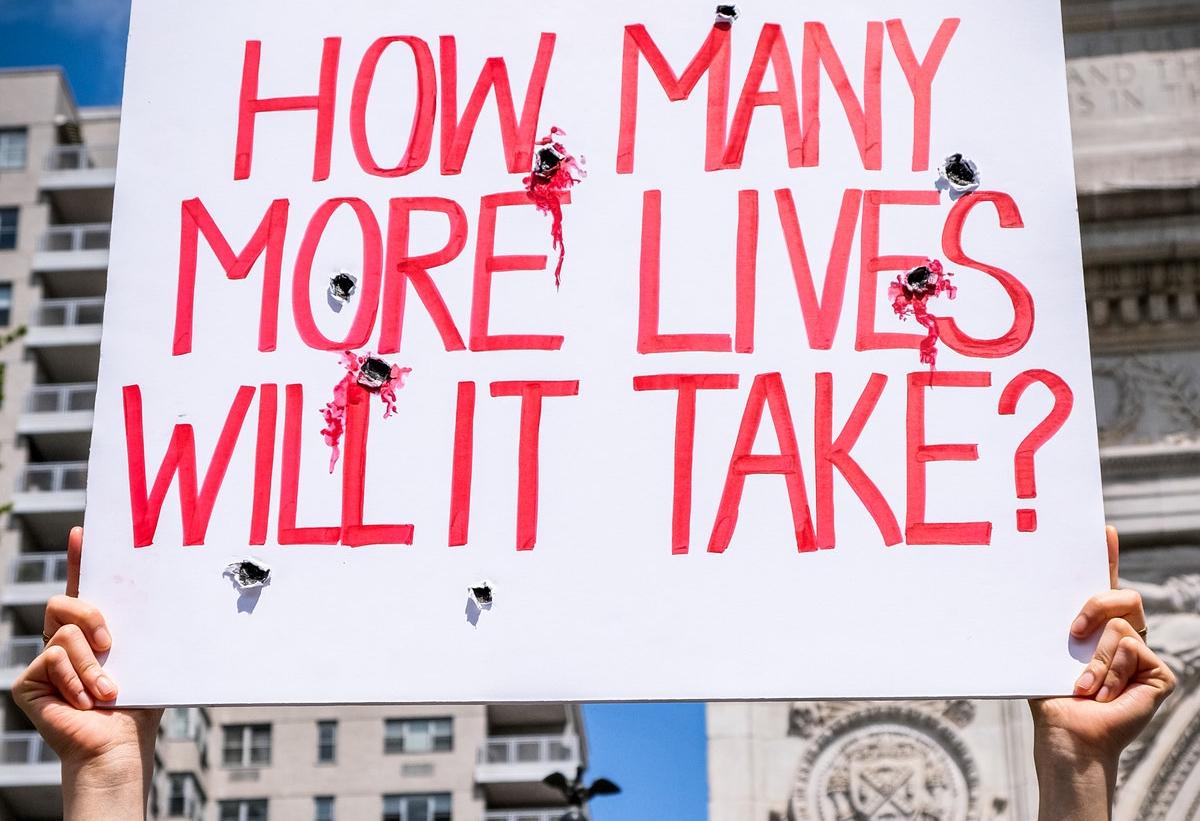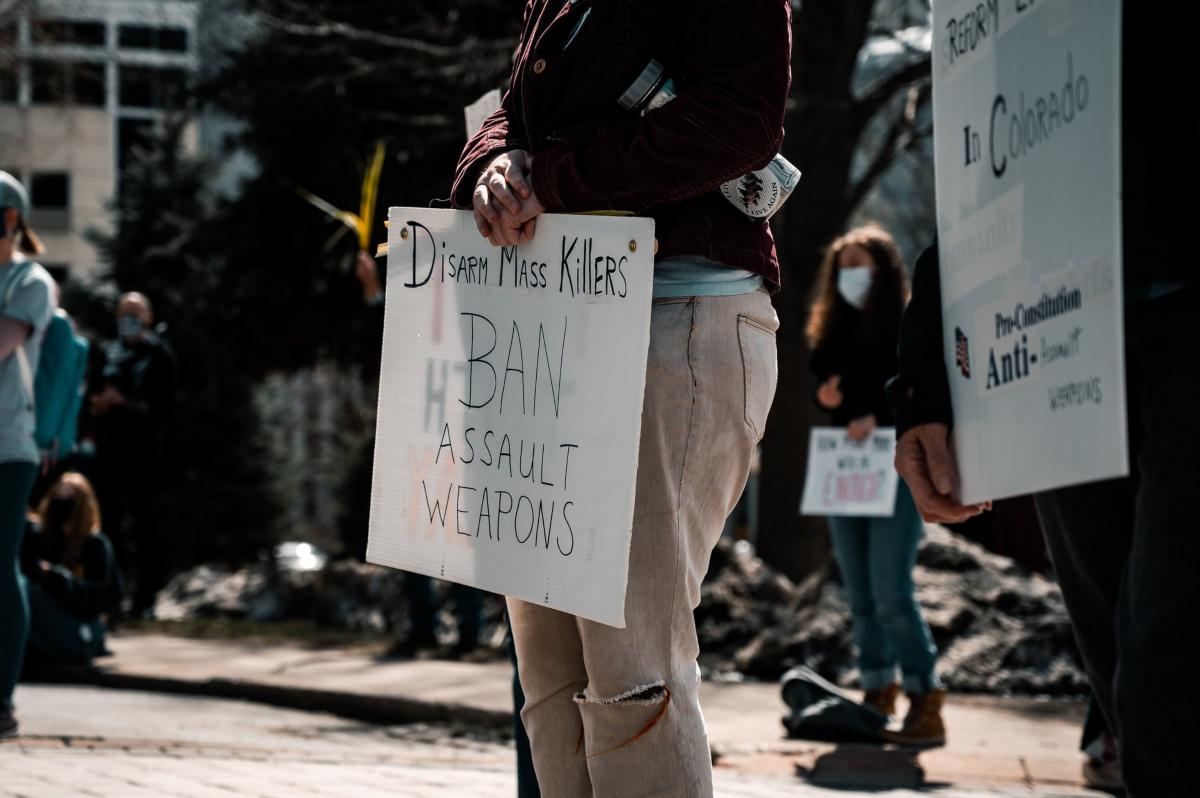Bipartisan Gun Bill Seeks to Curb the "Boyfriend Loophole"
The bipartisan gun bill seeks to curb the “boyfriend loophole.” What is the “boyfriend loophole” and how does the bill seek to address it?
June 14 2022, Published 10:34 a.m. ET
There has been a spike in gun violence and mass shootings in the U.S. over the last two years. Things aren't looking any better in 2022 with numerous mass shootings in the country already. While many blame lax gun laws and high gun ownership for mass shootings and gun violence, loopholes like the "boyfriend loophole" and red-flag laws also contributed to the unfortunate incidents.
Now, a bipartisan group of senators has reached an agreement on a gun bill. Among others, the bill seeks to curb the “boyfriend loophole.” What is the “boyfriend loophole” and how does the bill seek to address it?
Mass shootings have been rising in the U.S.
According to the data compiled by the Gun Violence Archive, mass shootings, which it describes as four or more people (apart from the shooter) being shot, rose in 2020 and 2021.
After every major mass shooting, there have been calls to address the crisis and tighten the gun laws. However, it has been more or less lip service. The gun ownership rules haven't been tightened and mass shootings haven't come down.
What is the “boyfriend loophole”?
Under federal gun laws, domestic abusers are barred from possessing guns. The problem lies in what the regulation describes as a “domestic abuser.” Under the law, only current and former spouses and cohabitants and those who have a common child can be disqualified for gun ownership for being a “domestic abuser.”
Those who are dating are excluded from the law and hence the anomaly is popularly known as the “boyfriend loophole.”
Many lives are lost due to the “boyfriend loophole.”
According to the NCADV (National Coalition Against Domestic Violence), in around half of the intimate partner homicide cases in the U.S., a dating partner is involved. It adds, “A male abusers’ access to a firearm increases the risk of intimate partner femicide at least five-fold.”
The NCADV also noted that U.S. states that forbid dating abusers, as well as partners as defined by the federal law from possessing firearms, have reported a 10 percent lower rate of intimate partner homicide.
The NCADV noted that 33 states have already plugged the loophole but calls for an update of the federal laws for nationwide protection for dating partners.
How does the bipartisan bill look to plug the loophole?
The bipartisan bill, which is mooted by a group of 10 Republican and 10 Democrat senators proposes that “Convicted domestic violence abusers and individuals subject to domestic violence restraining orders are included in NICS (National Instant Criminal Background Check System), including those who have or have had a continuing relationship of a romantic or intimate nature.”
If the bill goes through, it would help address the “boyfriend loophole.” The proposal seeks to ensure that dangerous criminals and mentally ill people wouldn't be able to buy weapons. It also seeks funding for school safety.
Meanwhile, gun laws have become a hot topic in the U.S. after a flurry of unfortunate mass shootings where scores of lives are lost every year. The bipartisan gun law might be a good first step to curbing the unabated gun violence in the country. However, the regulations would need to be tightened a lot more for mass shootings to drop significantly.



